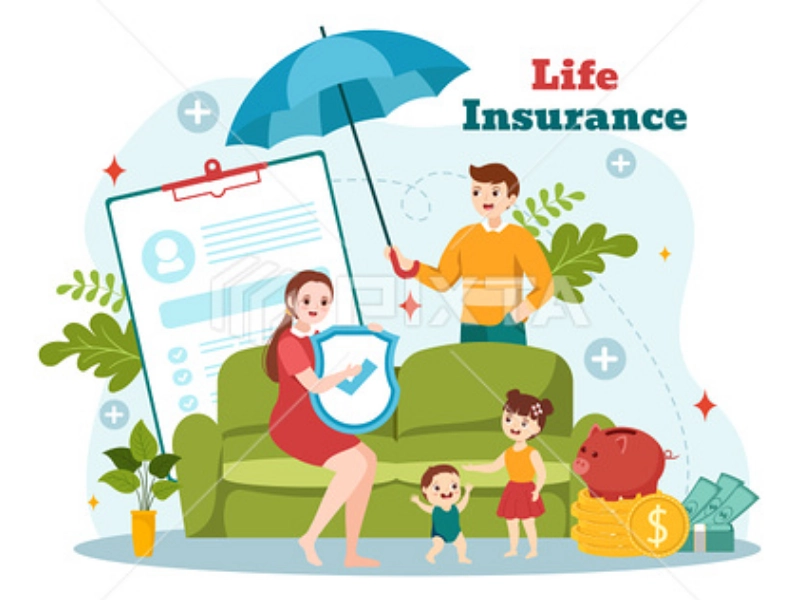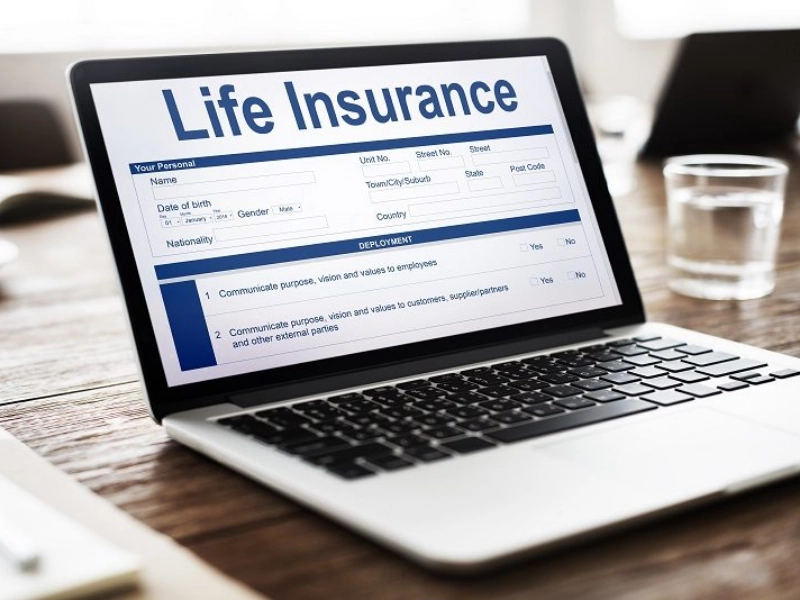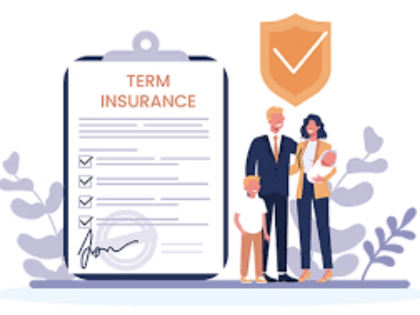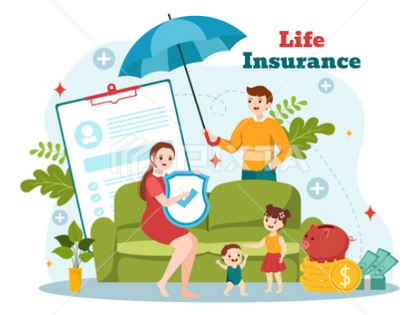You might want to leave money for friends and relatives, have a co-signed loan, or take care of an ageing parent. Also, you can lock in cheaper premium rates if you purchase insurance when you're single.
Term life insurance

Although most people think of married couples and families as the primary users of life insurance, single people can also benefit from it. A money coach and two certified financial planner (TM) experts discuss the benefits of having a policy for single people.
Getting life insurance as a single person is most often done to safeguard your loved ones' finances in the event of your death. This could be prospective family members, a spouse or friend who is financially dependent on you, or even children from a prior relationship.
Having term life insurance can assist you in paying these costs. Generally, when you are young and healthy, you may lock in inexpensive rates. Furthermore, if necessary, you can use the cash value to cover living expenses in the future. You may also have this choice with a permanent policy, such as whole or universal life insurance, but the initial cost may be higher. In addition, it might offer you a fixed premium rate that remains the same despite changes in your health.
Complete life coverage

Although most people assume that having life insurance is something you should only do when you are married and have kids, unmarried singles can also benefit from having a policy. It can be used to leave a legacy for loved ones or friends, as well as to pay off debts such as school loans.
Term life insurance is sometimes less expensive than whole life insurance, but with whole life insurance, you may lock in a rate for the duration of your policy, regardless of your health. Over time, their cash value may also increase.
The money received from a whole life insurance policy is frequently used to support ageing parents or cover burial expenses. It's crucial to speak with a licensed financial advisor if you're thinking about getting a whole life insurance policy so you can choose which option best suits your needs. An advisor from Thrivent Financial can assist you in comprehending your choices. In order to better prepare you for retirement and other life events, they can also collaborate with you to develop a comprehensive financial plan.
Insurance for ultimate expenses

Even though they don't have any dependents or friends and family that depend on them financially, single people frequently nevertheless want to leave a legacy after they pass away. For them, final expense insurance may be an excellent choice for this reason, among others.
This kind of life insurance, sometimes referred to as burial or funeral insurance, has lower premiums than a standard whole or term life policy since it offers a lower death benefit. Furthermore, neither a medical examination nor access to your medical records are necessary for a final expense policy.
These factors make a last-dollar policy a wise financial instrument for any individual, regardless of their professional or romantic standing. But as time goes on, it could be a good idea to review your insurance and take into account new coverage possibilities. You might choose to incorporate a rider that covers long-term care benefits or coverage for a serious or chronic sickness.
Insurance for disability

Although many individuals associate disability insurance with parents or couples raising children, it may also be a prudent decision for single individuals. Similar to life insurance, it aids in income replacement in the event of a disability.
While commonly available, individual policies are typically more costly than group coverage. Certain policies provide riders—optional clauses—to improve the terms and circumstances of the policy. These can include an any-occupation definition that permits you to return to work, even if it's part-time, and an own-occupation definition that entitles you to benefits if you get disabled in the course of your work.
The amount of disability coverage that makes sense for an individual living alone ultimately depends on their debt load and long-term financial objectives. The appropriate level of coverage should be determined by consulting a professional. In general, it's preferable to have coverage prior to the onset of a health problem. In this manner, there won't be any coverage gaps and the rates will be reasonable.
Recommended Reading: Interest-Only Loans: Advantages And Disadvantages
























Safeguards against drift inflation.